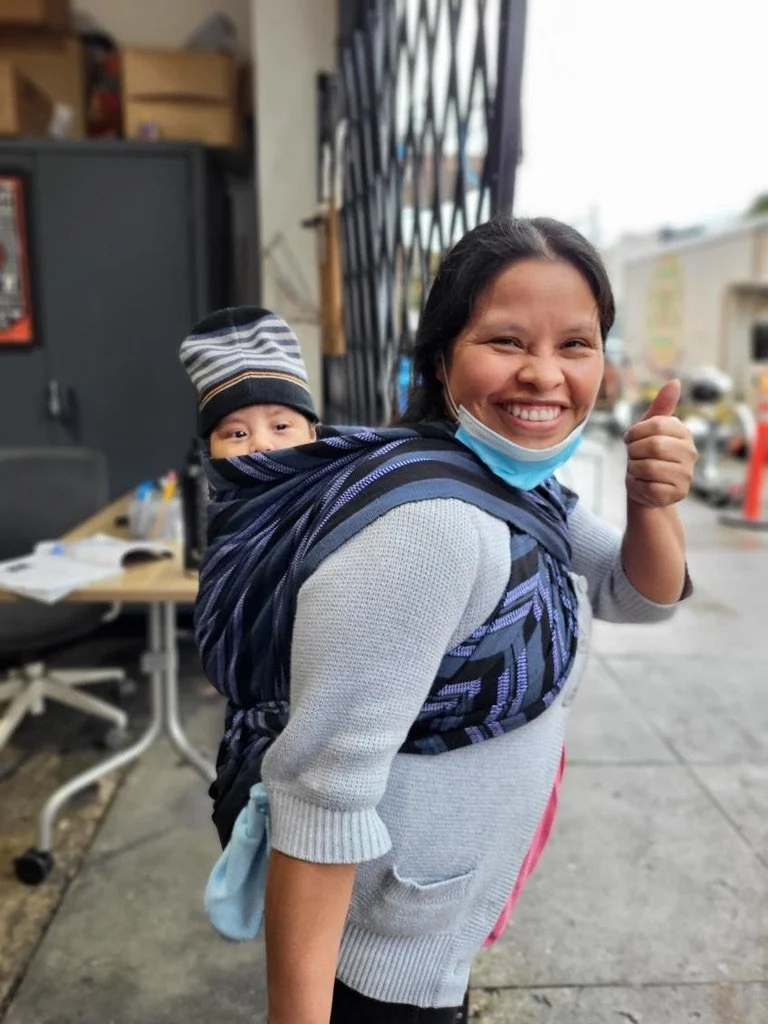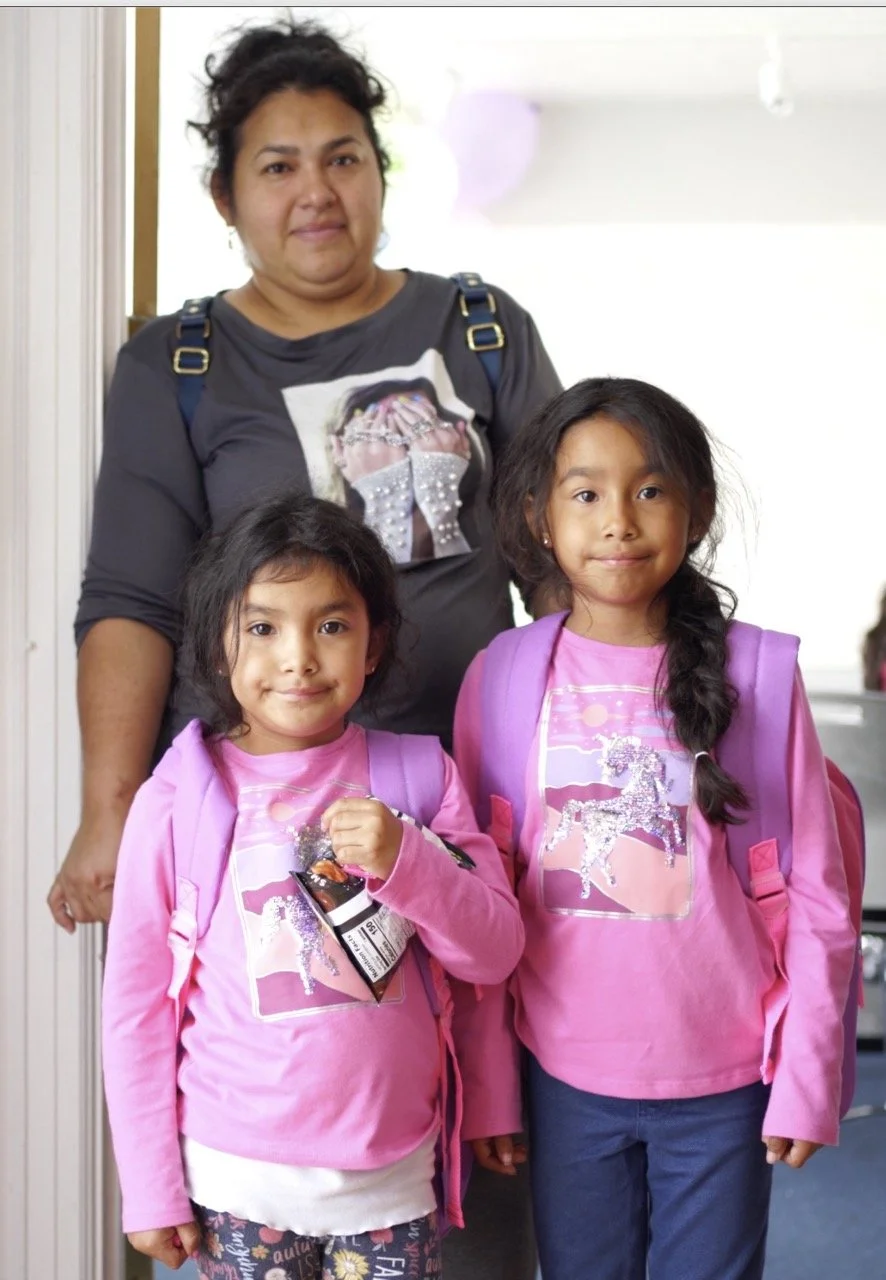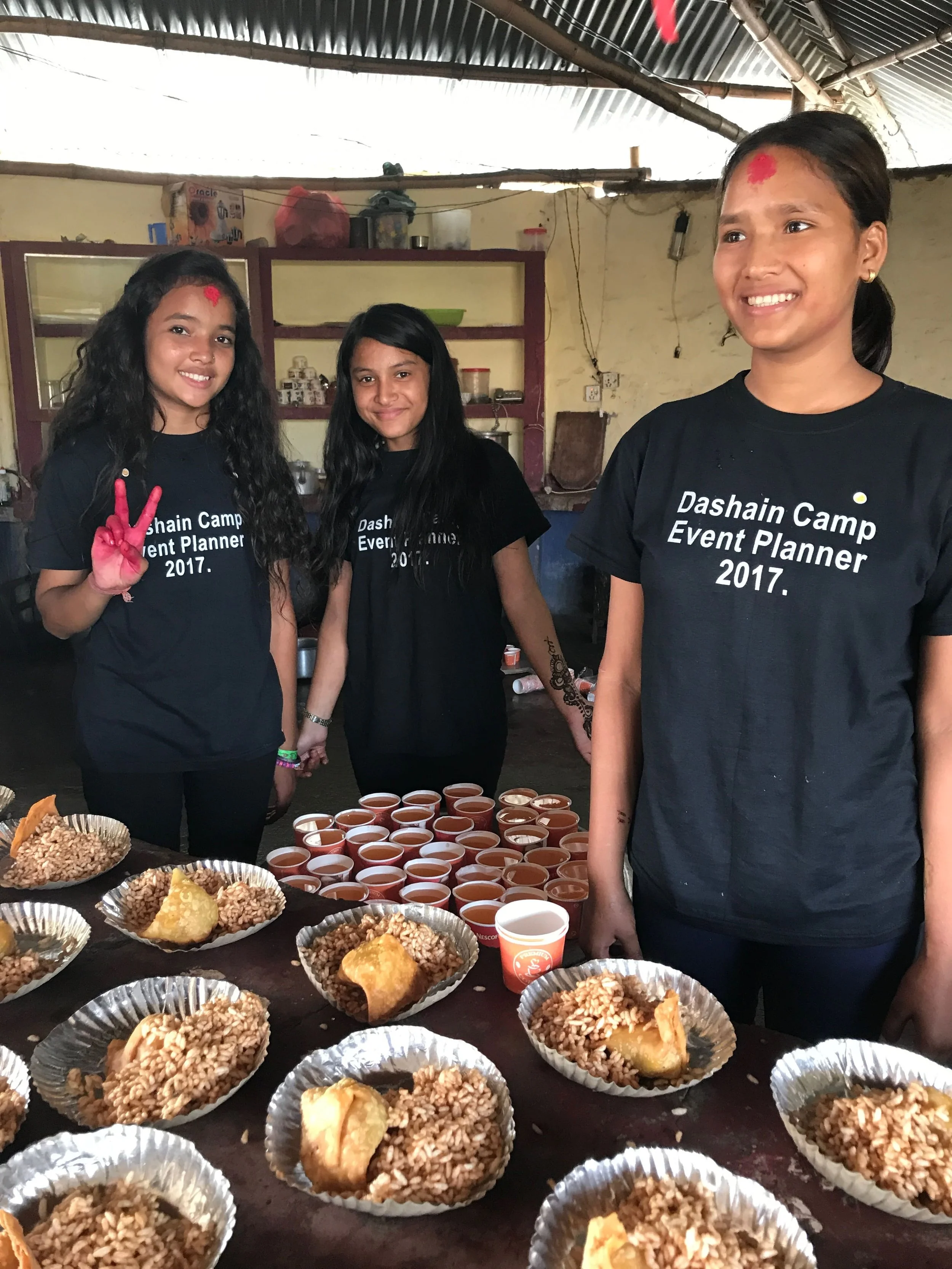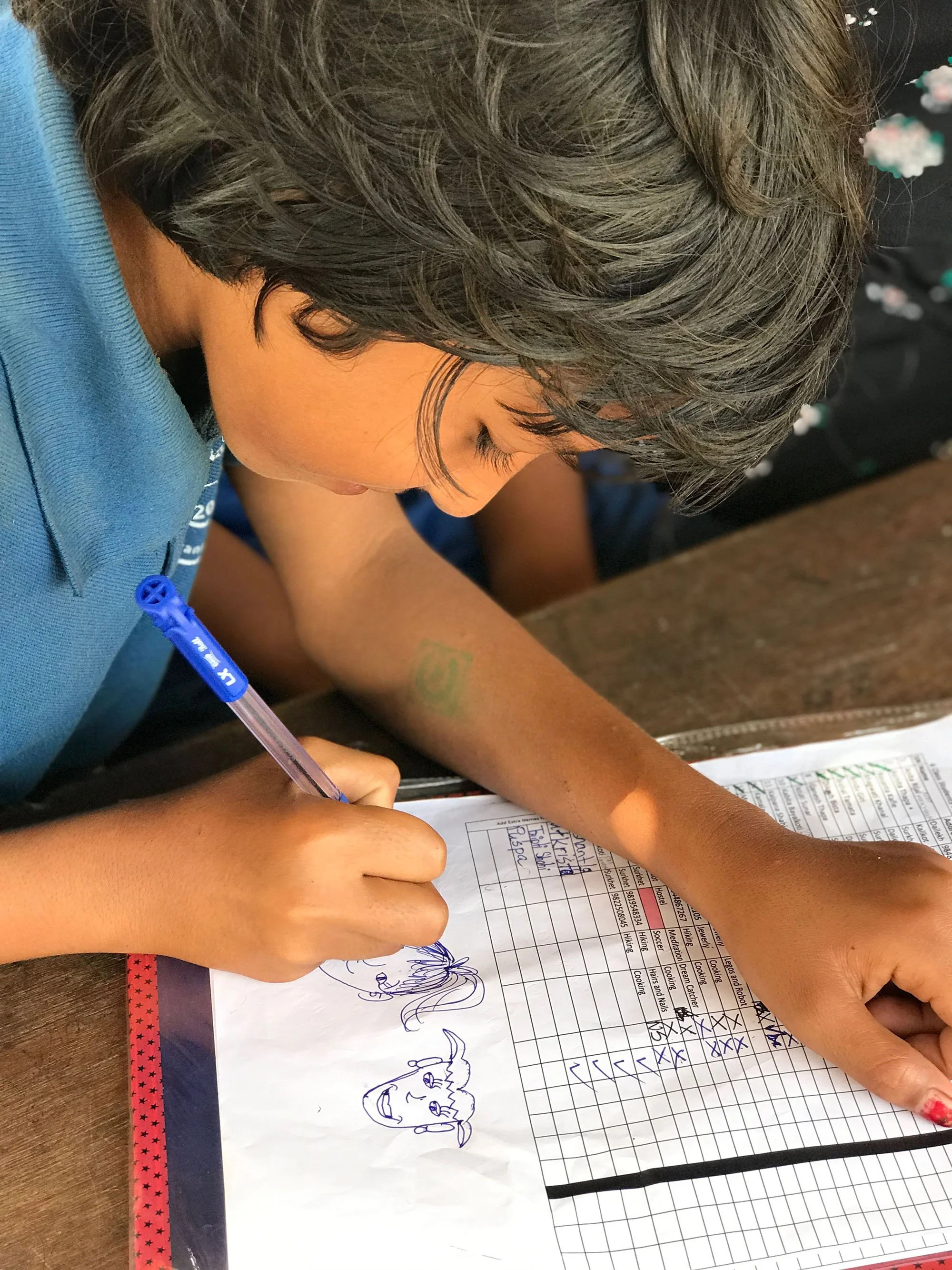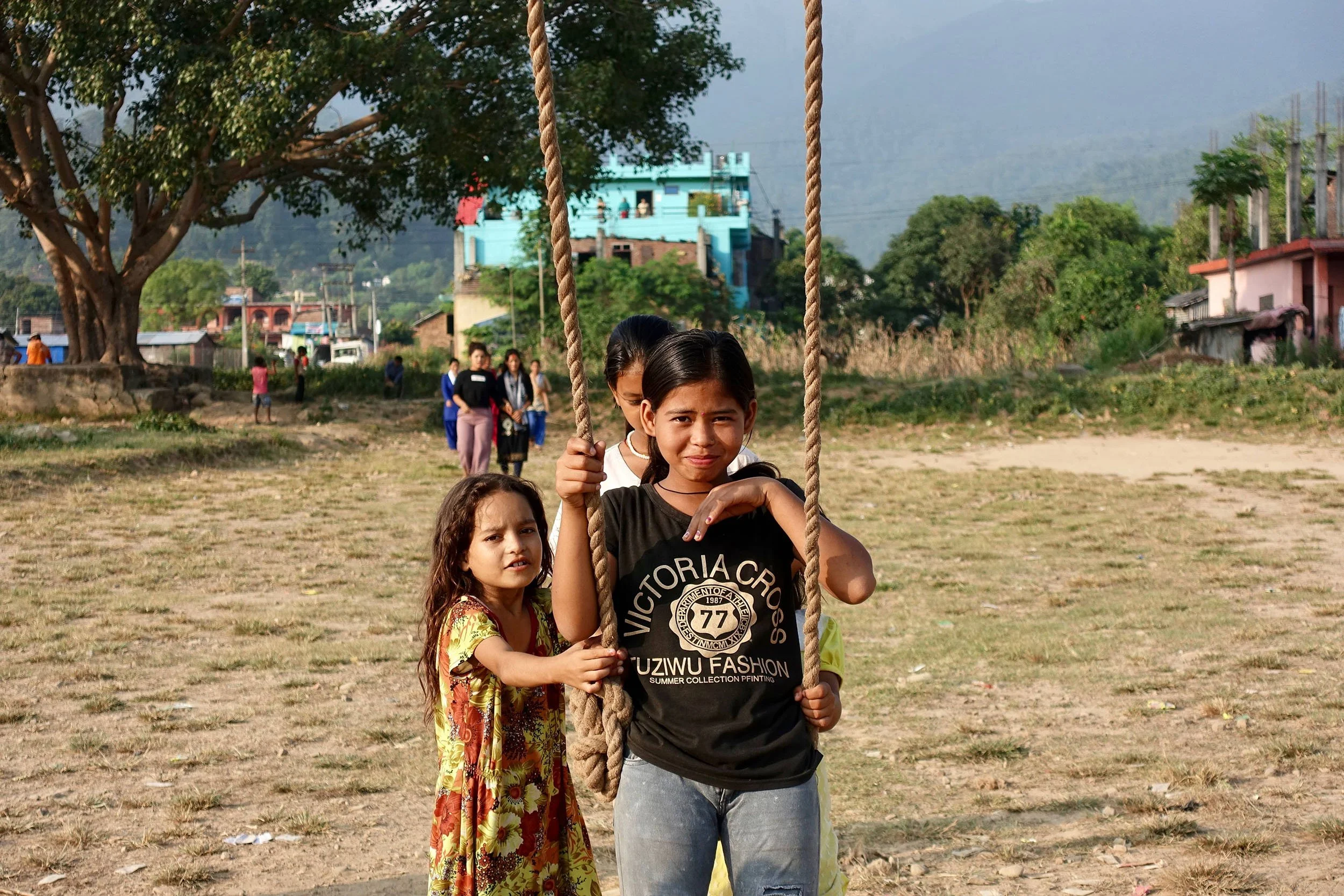
Our Work
Bella partners with organizations to empower youth, promote environmental education, and support community development through hands-on learning, sustainability awareness, and locally driven initiatives that foster resilience, connection, and growth.
What We Support
Youth Empowerment
Bella supports and partners with organizations that engage youth in meaningful, hands-on learning experiences that foster social-emotional growth, confidence, and positive relationships. Our grantees and partners affect today’s youth by helping them become resilient, self-aware individuals with a strong sense of community.
Environmental Education
Bella supports and partners with organizations that provide environmental education to individuals and groups, nurturing a deep understanding of sustainability, climate change, and the interconnectedness of self, community, and planet.
Community Development
Bella supports and partners with organizations to drive locally-led solutions for creating spaces where youth, families, and communities can thrive, with a focus on building stronger, more connected social fabrics.
Manolita's Grant
Manolita's Grant is dedicated to those who are forced to leave their homeland due to violence or war; to the loss refugees suffer as the result of leaving behind their mother tongue, culture, family history, and possessions; and most importantly, to the immense pain of being temporarily or permanently separated from loved ones.
Manolita’s Grant is offered to refugee or immigrant support organizations based in the United States. Its primary goal is to provide support to individuals, families, women, children, and youth who have been displaced because of forced migration (including asylum seekers, refugees, and migrants). The grant funds can be used for legal services, educational opportunities, or social-emotional support.
2025 Grantees
Former Manolita’s Grantees
Manolita’s Story
Manuela Inocencia Puyuelo Broto was the name given to Manolita on the day she was baptized. She was born in Ainsa, a small village in Northern Spain at the foot of the majestic Pyrenees Mountains, the youngest of four children, and the only girl in her family.
Life was comfortable and carefree for this young girl. She lived surrounded by her loving parents, brothers, aunts, uncles, grandparents and cousins. Her parents were local merchants and owned their own home, business, and land in the village where her ancestors had lived for hundreds of years.
Tragically, in 1938 when the Spanish Civil War was raging and Fascist troops were moving north, her family (who supported the retreating Republican faction) had to flee Spain for fear of being imprisoned, or worse. Young children, women, grandparents, and whole families fled on foot across the snow covered Pyrenees, with only the possessions they could carry. Once in France, children were separated from their parents in the chaos. Manolita, who was 10 years old at the time, is still traumatized from that experience. She was eventually reunited with her mother and brothers, but she would never see her father again. He was assassinated in Spain, before he could join his family on the retreat to France.
Manolita’s family would never be whole again. Her brother and cousin were killed a few years later during the Nazi occupation of France, and death came too early to other family members.
Manolita, who had managed to learn French and settle into life in a small village, once again found herself swept up in war. In 1942, her mother forced her to leave Nazi-occupied France for the safer option of New York. Alone at 13 years old, she was placed on an ocean liner that left Marseilles for New York City. The ship held 200 other young, broken lives, most of whom were Jewish children from all over Europe, and a few dozen youth from the Spanish refugee camp known as la colonia. It was a dangerous and frightening journey.
If you were to meet Manolita today, you would instantly feel comfortable and cared for, like you were meeting up with an old friend. If you were to ask her about her adopted country, the United States of America, she would sound grateful. She has had a good life. She was loved and supported by a wonderful American foster family. However, 80 years later, the loss and separation from her family and country still brings tears to her eyes every time she speaks of it.
Bella Grants
The following organizations currently receive funds or programmatic support from Bella
Past Initiatives
The following organizations have received funds or programmatic support from Bella in the past
Moms Against Poverty Sun Valley Youth Center Via Institute on Character Project Wayfinder
Sunsar Maya Greater Good Science Center uAspire Niroga Institute
Integral Yoga Institute Mercy High School Music at Kohl Mansion History Colorado







